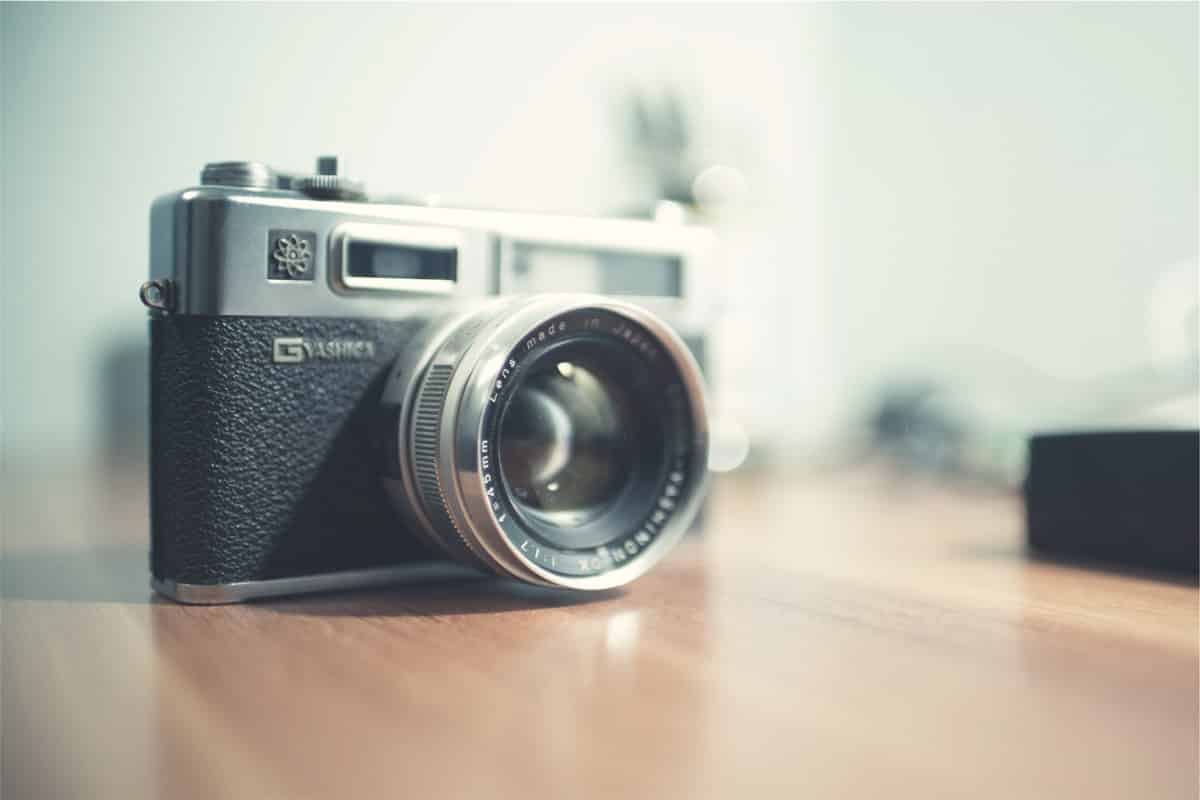Flinching at the moment of truth can be a frustrating and confidence-shattering experience for shooters, but understanding that it's a common phenomenon rooted in fear responses, psychological and physiological factors, and past experiences is the first step towards overcoming it. Fear responses can trigger an emotional response, manifesting physically, and impede accuracy. Identifying the root cause, building confidence, and overcoming mental barriers are essential to conquering shooting fears. By developing a pre-shot routine, mastering relaxation, and desensitizing to noise, shooters can overcome flinching and improve accuracy. What lies ahead is a journey of self-discovery and mastering the art of shooting.
Key Takeaways
- Recognize and address fear triggers, such as uncertainty or fear of wounding an animal, to manage fear response and improve accuracy.
- Identify and acknowledge root causes of fear, including past experiences, fear of failure, and social pressures, to develop strategies to overcome them.
- Build confidence behind the rifle by mastering gun safety and shooting fundamentals, practicing regularly, and focusing on technique and mental clarity.
- Develop a pre-shot routine, including breathing exercises, visualization, and alignment, to reduce anxiety and self-doubt and build ritual consistency.
- Practice relaxation techniques, such as mindful breathing and progressive muscle relaxation, to minimize flinching and ensure a smooth, accurate shot.
Understanding Your Fear Response
When faced with the prospect of shooting, many hunters experience a surge of anxiety that can impede their ability to take a steady aim, and understanding the underlying fear response is essential to conquering this common phobia. Fear triggers, such as the uncertainty of a clean kill or the fear of wounding an animal, can elicit an emotional response that manifests physically, causing a hunter's heart rate to increase, palms to sweat, and hands to tremble. Recognizing these fear triggers and the emotional responses they evoke is vital to addressing and overcoming shooting anxiety. By understanding the psychological and physiological factors at play, hunters can begin to develop strategies to manage their fear response and improve their accuracy.
Identifying the Root Cause
To effectively manage shooting anxiety, it is necessary to identify the underlying reasons that trigger this fear response, which often stem from a complex mix of psychological, emotional, and past experiences. Fear triggers can be deeply rooted in our subconscious, making it essential to explore and understand the root cause of our anxiety.
Identifying the root cause of your fear response involves introspection and self-awareness. Consider the following:
- Past experiences: Have you had a traumatic experience while shooting, such as a loud noise or an accident?
- Fear of failure: Are you anxious about not meeting expectations or fear of not being able to perform?
- Social pressures: Do you feel pressured by others or worry about what they might think of your shooting abilities?
Building Confidence Behind
How do you build confidence behind the rifle, where every shot counts and hesitation can be costly? Building confidence behind the rifle requires a solid foundation in Gun Safety and Shooting Fundamentals. Mastering the basics, such as proper stance, grip, and trigger control, is essential. Practice and repetition are key to developing muscle memory, allowing you to focus on the shot rather than worrying about the mechanics. Additionally, understanding Gun Safety protocols and adhering to them helps to alleviate anxiety and build trust in your abilities. By focusing on these critical elements, you can cultivate confidence behind the rifle, ensuring that when the moment of truth arrives, you're ready to take the shot with precision and poise.
Overcoming Mental Barriers
Fear and self-doubt can creep into even the most experienced hunter's mind, manifesting as mental barriers that can derail a perfectly good shot. To overcome these mental hurdles, cultivating a fearless mindset is crucial. This begins with acknowledging and accepting your fears, rather than trying to suppress them.
Recognize that mental barriers can be overcome by:
- Recognize negative self-talk: Be aware of your inner dialogue and replace negative thoughts with positive affirmations.
- Focus on the process, not the outcome: Concentrate on your technique and mental clarity, rather than worrying about the result.
- Practice mindfulness: Regular mindfulness exercises can help you develop a greater sense of self-awareness, allowing you to better manage your fears and doubts.
Developing a Pre-Shot Routine
Establishing a consistent pre-shot routine can notably reduce anxiety and self-doubt, allowing hunters to focus on making a precise and calculated shot. A well-structured pre-shot routine helps build Ritual Consistency, fostering confidence and mental clarity. By incorporating Breathing Exercises, hunters can calm their nervous system, promoting a stable platform for shooting.
| Step | Action | Benefit |
|---|---|---|
| 1 | Take 3 deep breaths | Slows heart rate, reduces anxiety |
| 2 | Visualize the shot | Builds confidence, focuses mind |
| 3 | Align rifle, take aim | Develops muscle memory, ensures accuracy |
Mastering the Art of Relaxation
As a hunter's mental clarity and confidence are heightened through a well-structured pre-shot routine, the next logical step is to cultivate a state of relaxation, allowing the body and mind to work in harmony, unhindered by the pressures of the shot. This state of relaxation is essential in minimizing flinching and ensuring a smooth, accurate shot. To achieve this, focus on the following techniques:
- Mindful Breathing: Practice deep, slow breaths, focusing on the sensation of the breath moving in and out of the body.
- Progressive Muscle Relaxation: Tense and then relax different muscle groups, starting from the toes and moving up to the head.
- Visualization: Imagine a successful shot, visualizing the rifle firing smoothly and the target being hit.
Desensitizing Yourself to Noise
By repeatedly exposing yourself to the loud report of a rifle, you can desensitize your nerves to the startling noise, allowing you to maintain a steady hand and a clear mind in the face of a potentially distracting sound. This process of desensitization is a form of sound therapy, where controlled noise exposure helps your brain adjust to the stimulus, reducing the flinch response. Start by gradually increasing your exposure to the rifle's report, beginning with lower decibel levels and gradually increasing the volume. This controlled noise exposure will help your nervous system adapt, allowing you to focus on your shooting technique without being startled by the noise.
Practicing Under Pressure
To build mental resilience and prepare for the intense pressure of a real hunt, practice shooting under simulated stressful conditions, such as timed drills or competitive shooting exercises, to develop the focus and composure necessary to make accurate shots in high-stakes situations.
Practicing under pressure helps you build the mental toughness needed to perform under duress. Here are three ways to simulate pressure scenarios:
- Timed drills: Set a timer for a specific amount of time, say 10 minutes, and challenge yourself to make a certain number of shots within that timeframe.
- Competitive shooting exercises: Engage in shooting competitions or friendly matches with fellow hunters to simulate the pressure of a real hunt.
- Simulated hunts: Create simulated hunting scenarios, such as shooting at targets with varying distances and angles, to mimic the pressure of a real hunt.
Frequently Asked Questions
How Can I Overcome Fear of Missing a Shot?
To overcome the fear of missing a shot, focus on mental preparation through visualization and positive reinforcement. Practice mindfulness, build confidence through successful shots, and reframe perceived failures as opportunities for growth and improvement.
What if I'm Afraid of My Rifle's Recoil?
Imagining your rifle's recoil is akin to anticipating a freight train's impact. To alleviate this fear, focus on rifle selection, choosing a caliber and rifle combination that suits your comfort level, and practice relaxation techniques to overcome recoil anticipation.
Can I Still Hunt if I Have a Physical Disability?
Hunters with physical disabilities can still participate in the sport they love, thanks to accessible gear and adaptive training options. With the right equipment and instruction, individuals with disabilities can overcome barriers and enjoy a successful hunting experience.
How Do I Deal With Anxiety After a Hunting Accident?
After a hunting accident, acknowledging the trauma triggers that can hinder mental recovery is vital. For instance, a hunter who fell from a treestand may associate the sound of rustling leaves with anxiety. Recognizing these triggers is pivotal for a successful recovery.
What if I'm Scared of Hunting Alone in the Wilderness?
When hunting alone in the wilderness, prioritize Wilderness Preparedness by packing essential gear and knowing basic first aid. Build Solo Confidence by practicing self-reliance and trusting your skills, allowing you to focus on the hunt, not fear.
Conclusion
Overcoming shooting fears requires a multifaceted approach that addresses psychological, mechanical, and environmental factors. As the adage 'knowledge is power' aptly suggests, understanding the root causes of flinching is essential to overcoming it. By acknowledging the fear response, building confidence, and developing strategies to manage anxiety, hunters can regain control and improve their marksmanship. Ultimately, the fear of flinching can be vanquished, allowing hunters to reach their full potential and become more effective marksmen.









